Suicide Squad: Kill the Justice League is a third-person action shooter set in the DC universe that bites off more than it can chew. While it has its pros, they are outweighed by the cons, which is a shame as these characters and voice actors deserve better.
Rocksteady Studios’ newest production vastly differs from its previous takes on the superhero genre. While the Arkham series focused on leveled and satisfying melee combat mixed with a fleshed-out and rich story, Suicide Squad tries to introduce live-service mechanics to the universe—which ultimately fails.
Gameplay, gameplay never changes
In Suicide Squad, you play as four DC villains—Harley Quinn, Captain Boomerang, Deadshot, and King Shark—named Task Force X after being brought out of Arkham Asylum by Amanda Waller. The goal is simple and given away by the game’s title: kill the Justice League, who, as it turns out, have been brainwashed by Brainiac, who intends to transform Earth into a new planet, Colu. And so, armed with guns, grenades, and goofy humor, we are dropped into Metropolis to save the Earth.
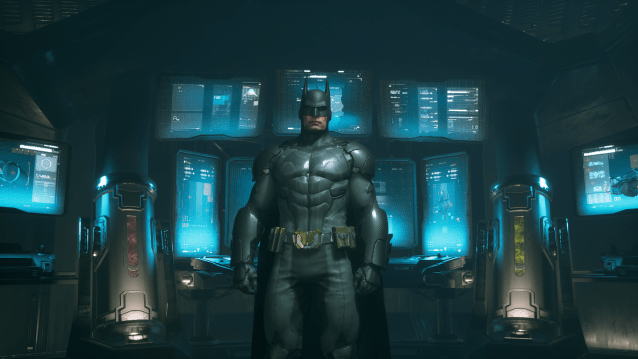
The Suicide Squad meets multiple characters from DC Comics that task them with a plethora of side missions, but these tasks feel more like errands and often repeat the same cycle of shooting dozens of aliens with similar guns, escorting citizens and payloads. Sure, it’s flashy and explosive, but unchallenging, dissatisfying and monotonous. These same mechanics are the backbone of main story missions, besides the actual boss fights, which pose a fun challenge.
Even the guns and other tools you come across during the campaign are unremarkable. Because there are so many of them, little feel memorable, and the story rewards you with enough arsenal to progress either way. You’re also required to farm so many different resources to upgrade every bit of your gear that you can quickly lose interest.
This monotony applies to the Squad members, too. Given how different the characters are, something feels off with the fact their combat ultimately comes down to using the same type of guns over and over. Sure, each has unique melee moves or traversal attacks, but they’re fun add-ons rather than the main element of combat.
A world with wasted potential
There are interesting side bits to find in Metropolis, especially Riddler’s mysteries. However, even those fail to deliver a satisfying experience. While the riddles are exciting and challenging, they are nowhere to be found on the mini-map or the menu, and trying to solve them forces you to run towards more enemies, creating more chaos and distracting you from your current task.
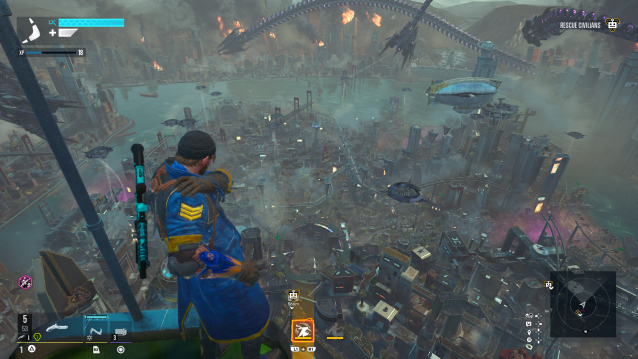
The constantly talking Suicide Squad members, intercepting Justice League’s comms, never-ending spawning enemies, and the Riddler repeating the mysteries you have already finished if you run into their areas again transform traversing through Metropolis into one big mess. I found myself completing more riddles by randomly scanning iconic landmarks in the city instead of following the hints given.
Voice actors to the rescue
For many fans of the comics, Suicide Squad also fails to deliver on character development, which is a valid criticism. The Justice League are introduced as bad guys at the start and presented as the most powerful beings on Earth. Yet, they’re beaten by four maniacs with guns and then get literally pissed on (Captain Boomerang’s a dirty one). Without getting into spoilers, Kevin Conroy’s Batman is also treated more like a plot device than a fleshed-out character, and his end felt a bit disrespectful. There are also a few characters, like Superman, that Rocksteady doesn’t even bother to properly introduce. The Man of Steel casually pops in the second half of the story, almost instantly becomes your next boss battle, and, to my recollection, doesn’t even speak before the fight.
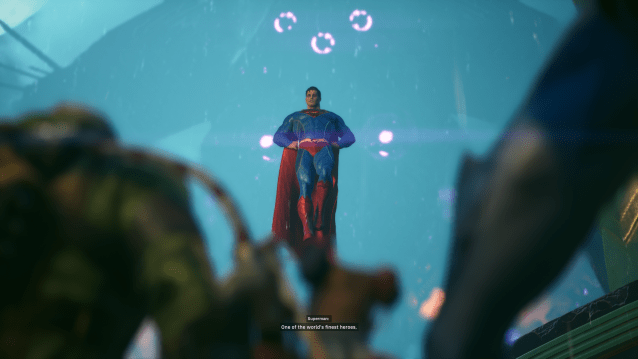
Characters just feel rushed, as does the story overall. But, while Suicide Squad has a fast pace, it’s not all that bad, especially for comic book fans, who will find plenty of easter eggs and cameos to keep them hooked. Most importantly, though, what carries the game are cutscenes and voice acting.
You have to give credit when credit is due. The voice acting is superb in this game, with each actor delivering on all fronts. There are so many remarkable performances it’s impossible to mention them all, but Tara Strong’s Harley Quinn is majestic, while Joe Seanoa’s King Shark is the comedic revelation. Even the Justice League members and side characters are truly stellar. Combined with outstanding cutscenes, characters succeed in keeping you engaged in the plot, even if everything around you is way too chaotic to keep track of.
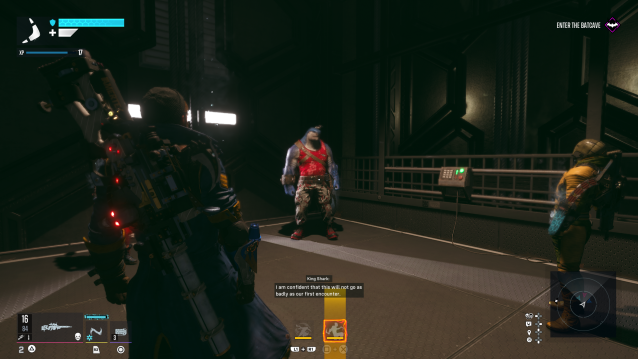
That’s what Suicide Squad: Kill the Justice League eventually comes down to. I accepted the story has its flaws and focused on its good parts, without paying much attention to the monotonous gameplay and overstuffed world. It’s a fun ride if you don’t take it too seriously, especially since the game itself doesn’t do that. But I won’t return to it until new content becomes available, and surely wouldn’t buy it for its full price.
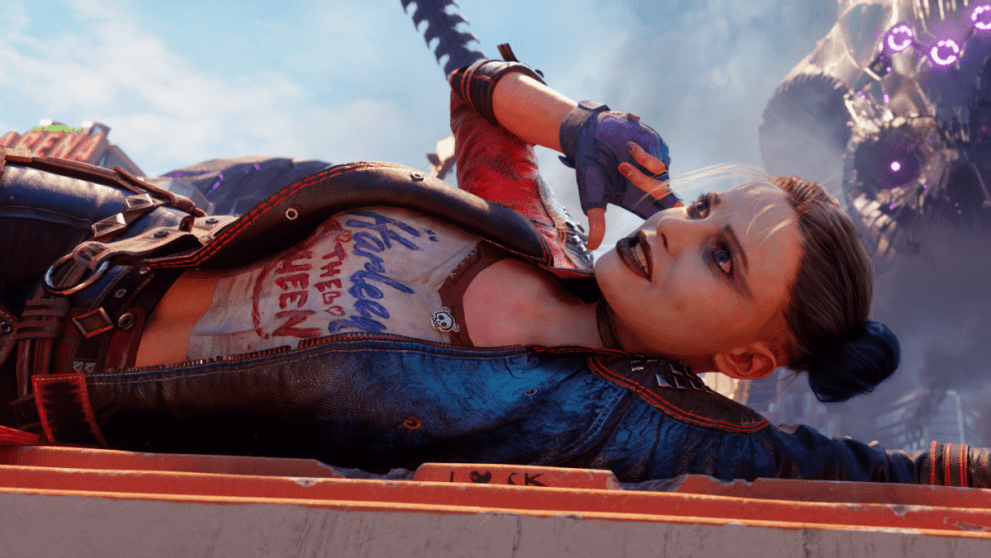
- Memorable boss fights
- Spectacular voice acting and cutscenes
- Dozens of easter eggs for comic book fans
- The story feels rushed
- Lazy character development
- Tedious combat
- Performance issues and unstable servers
- Ambitious yet messy world


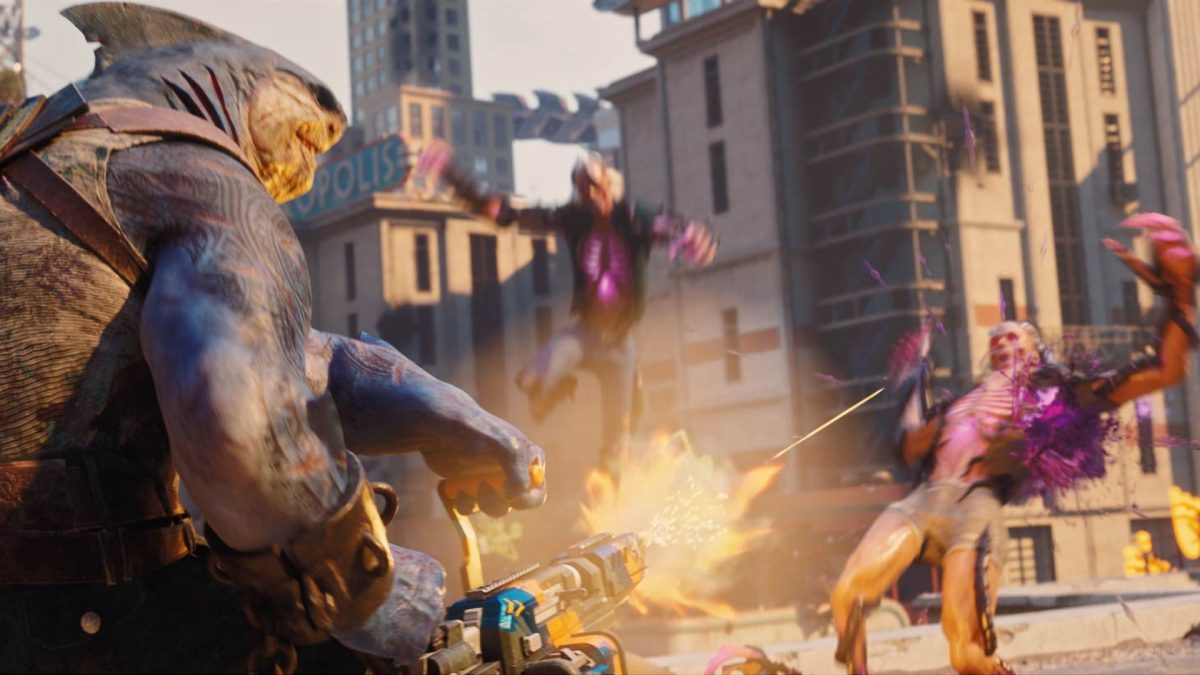
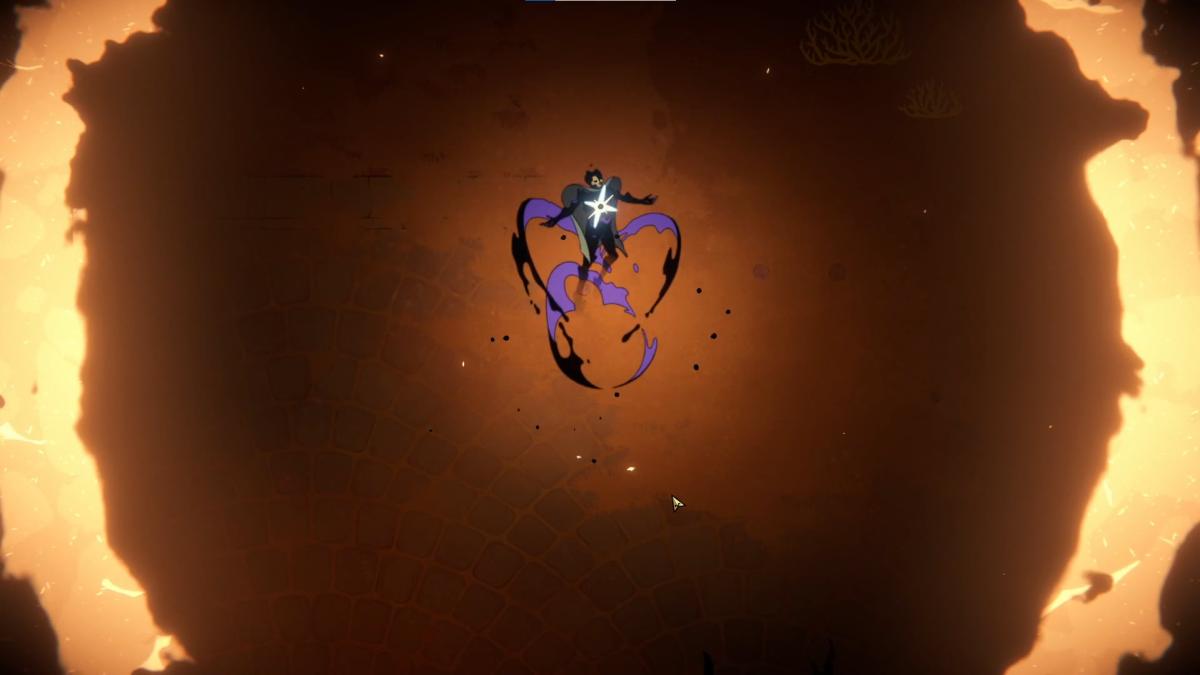
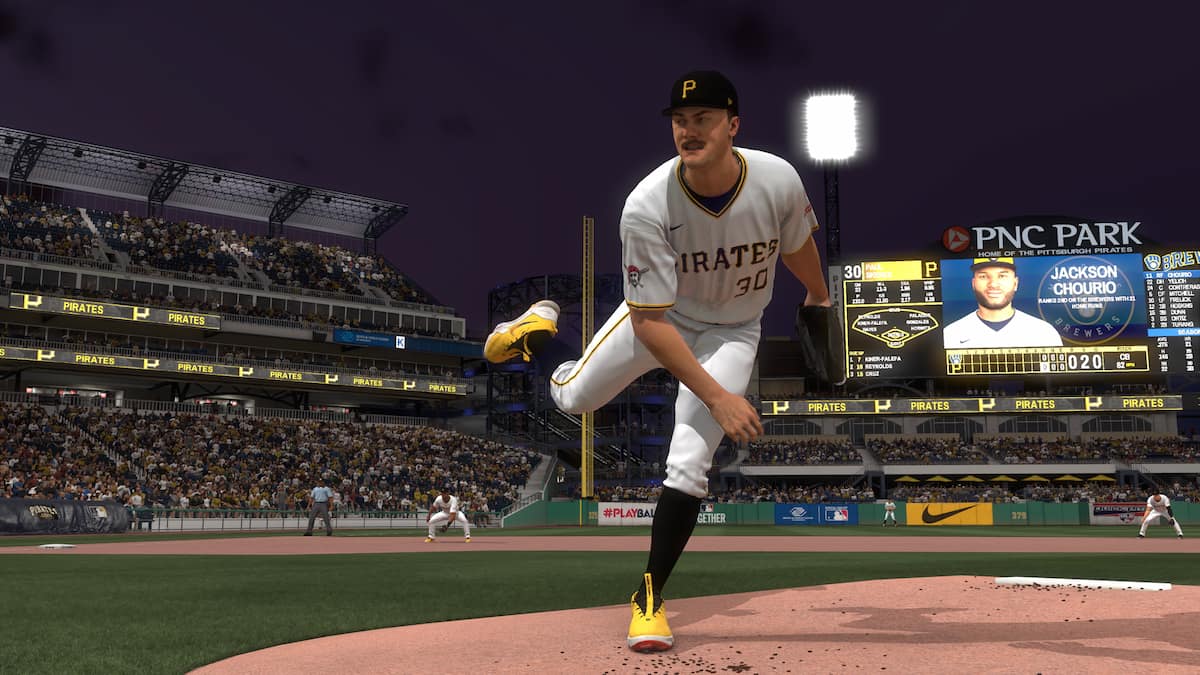
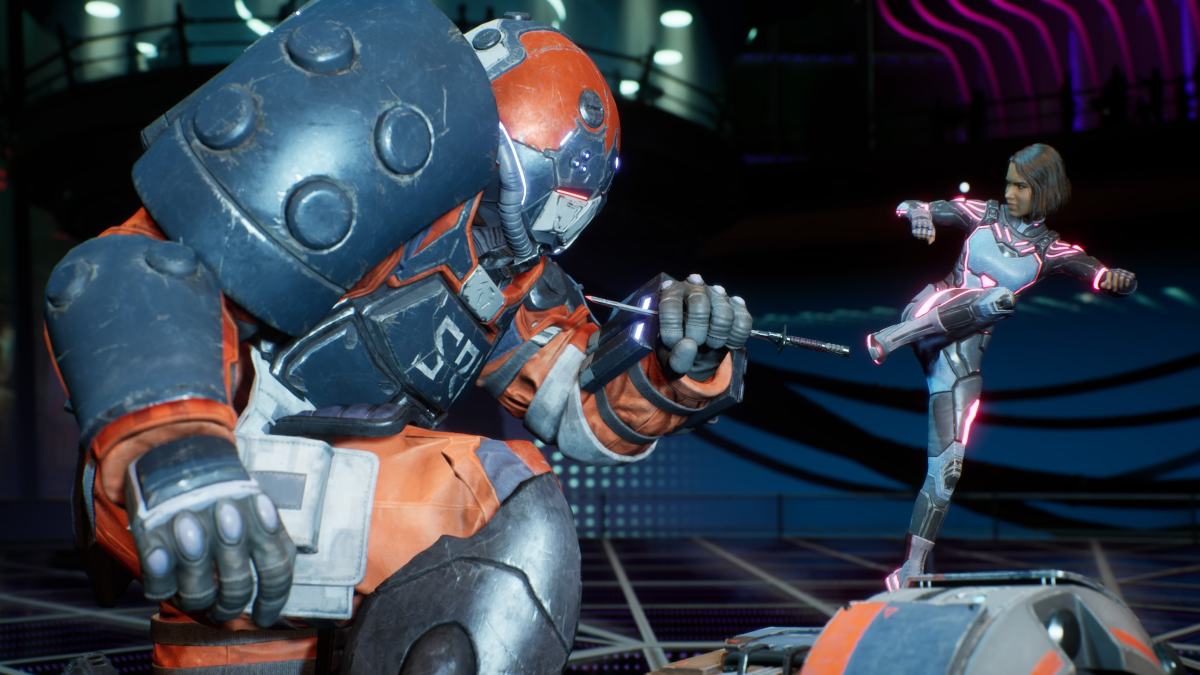
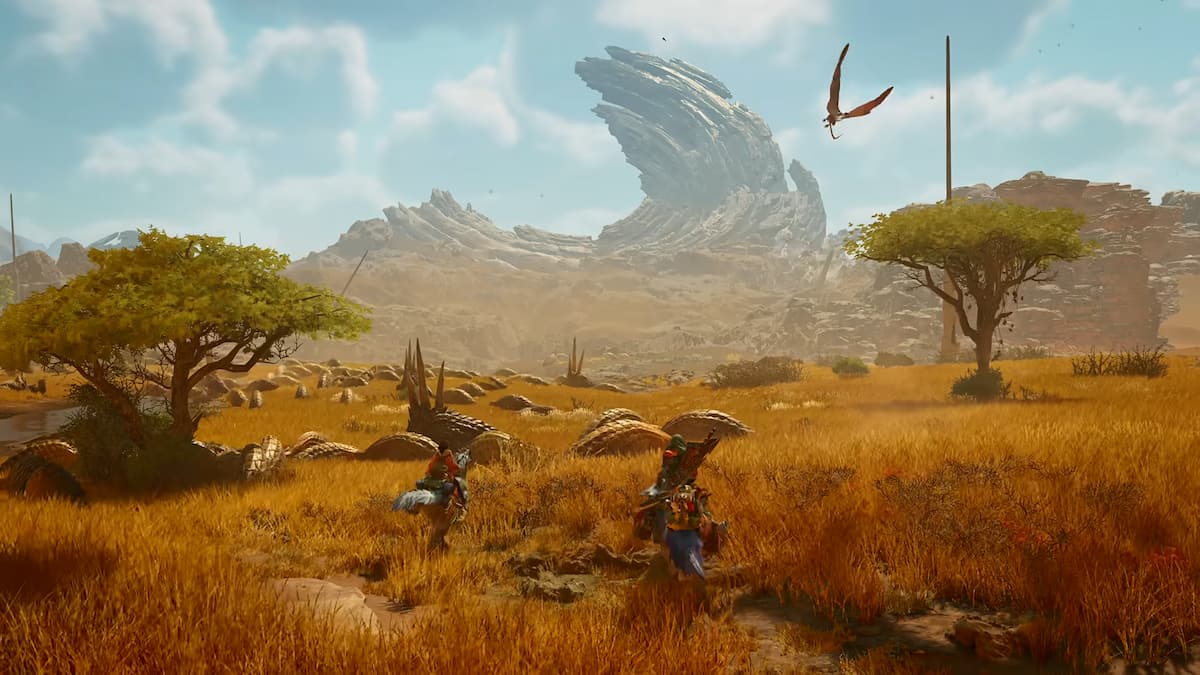
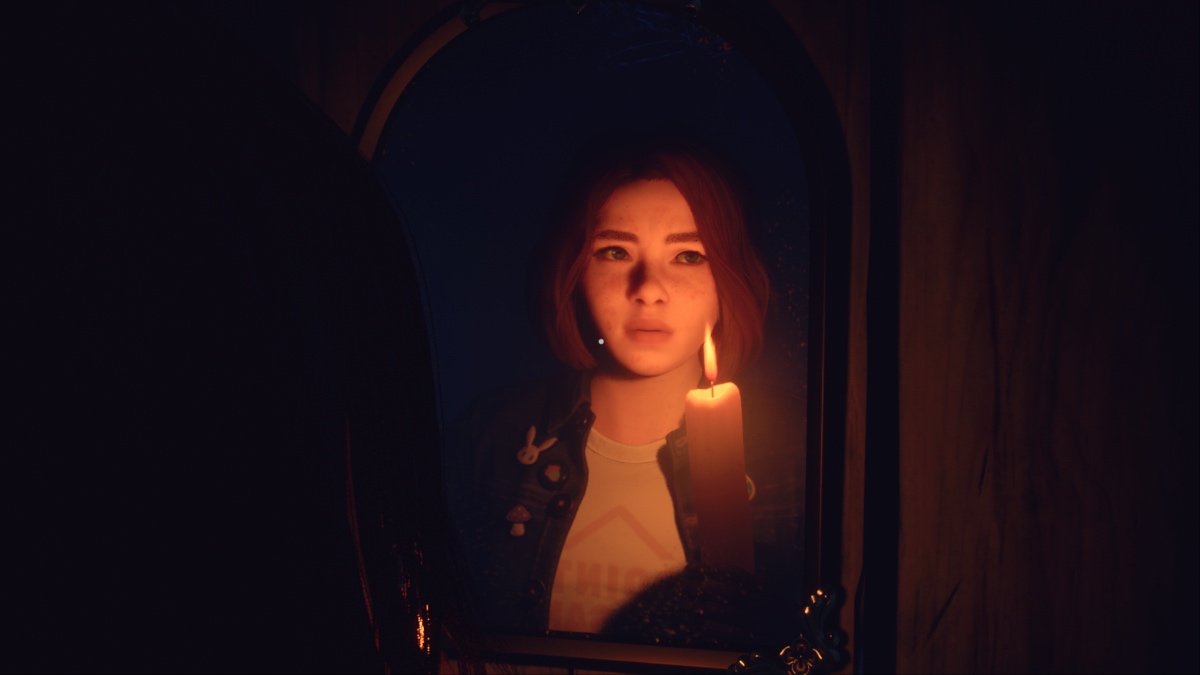
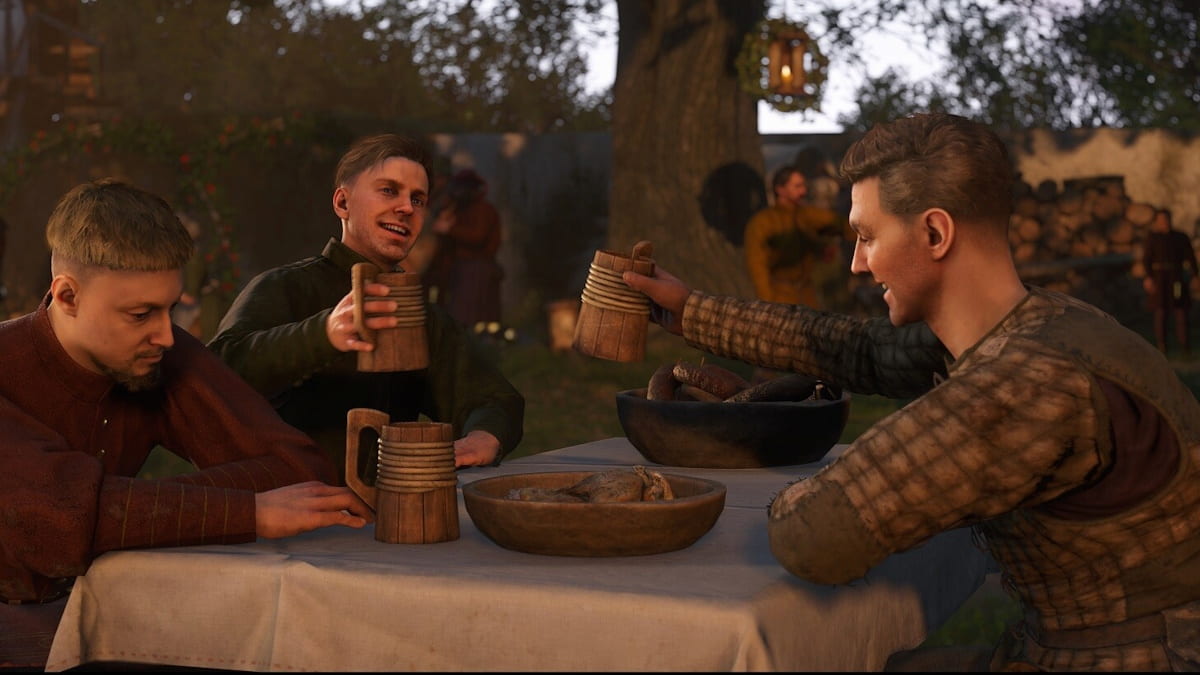
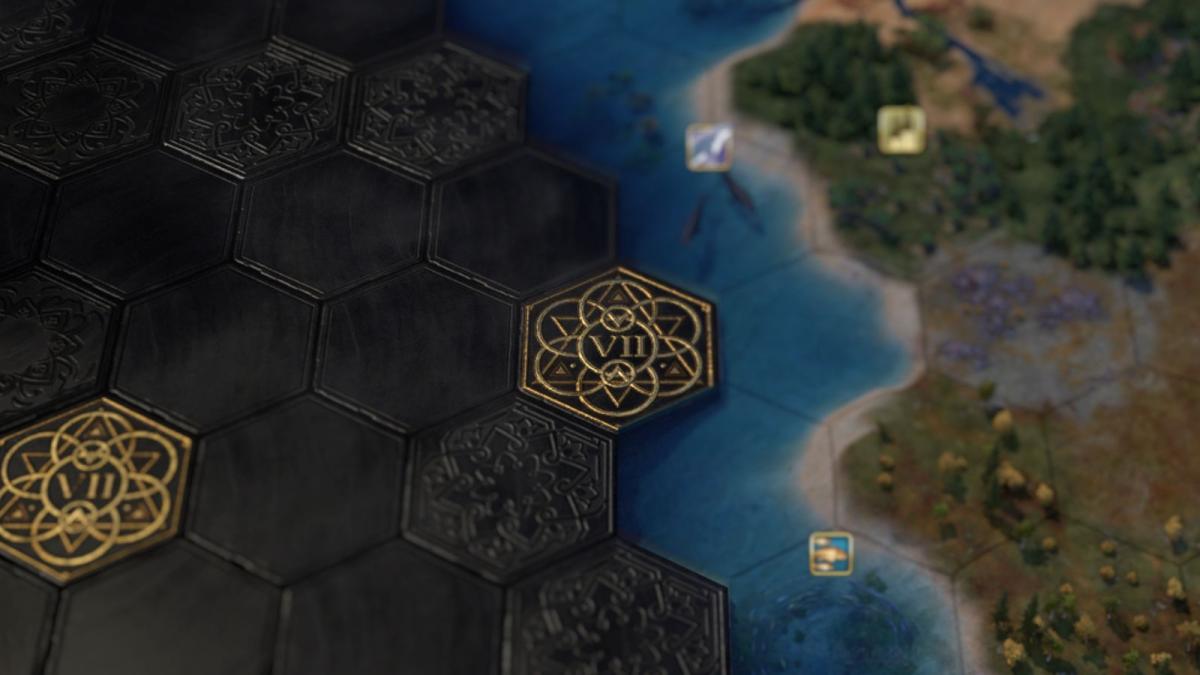
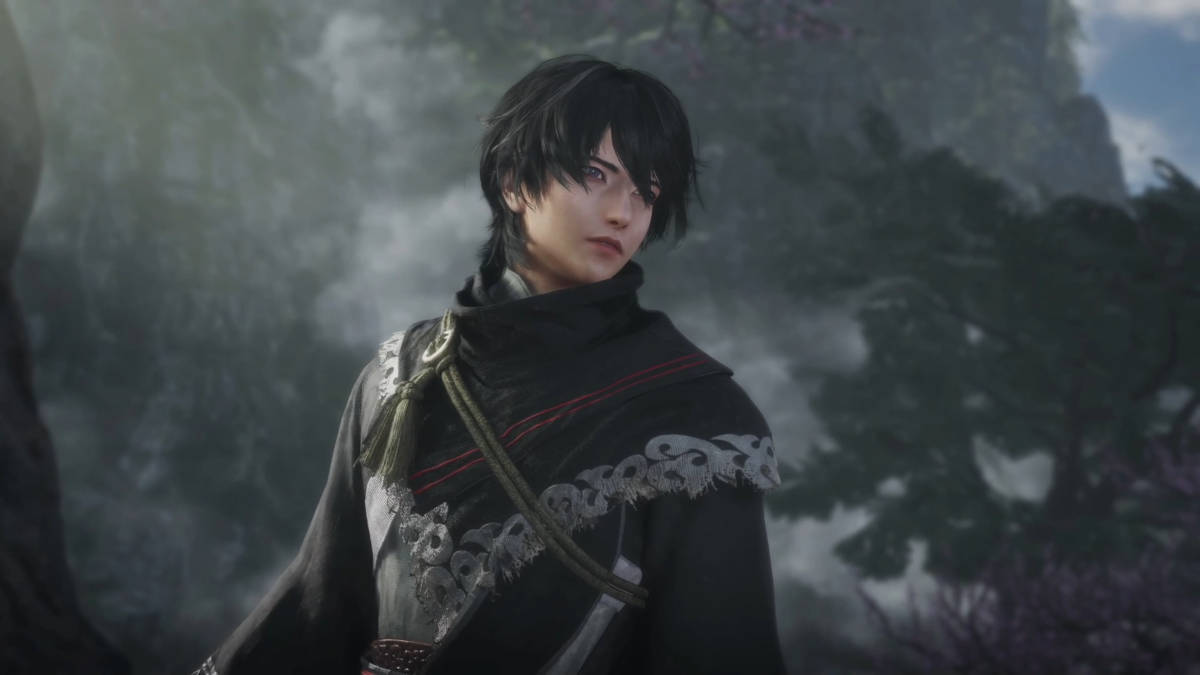
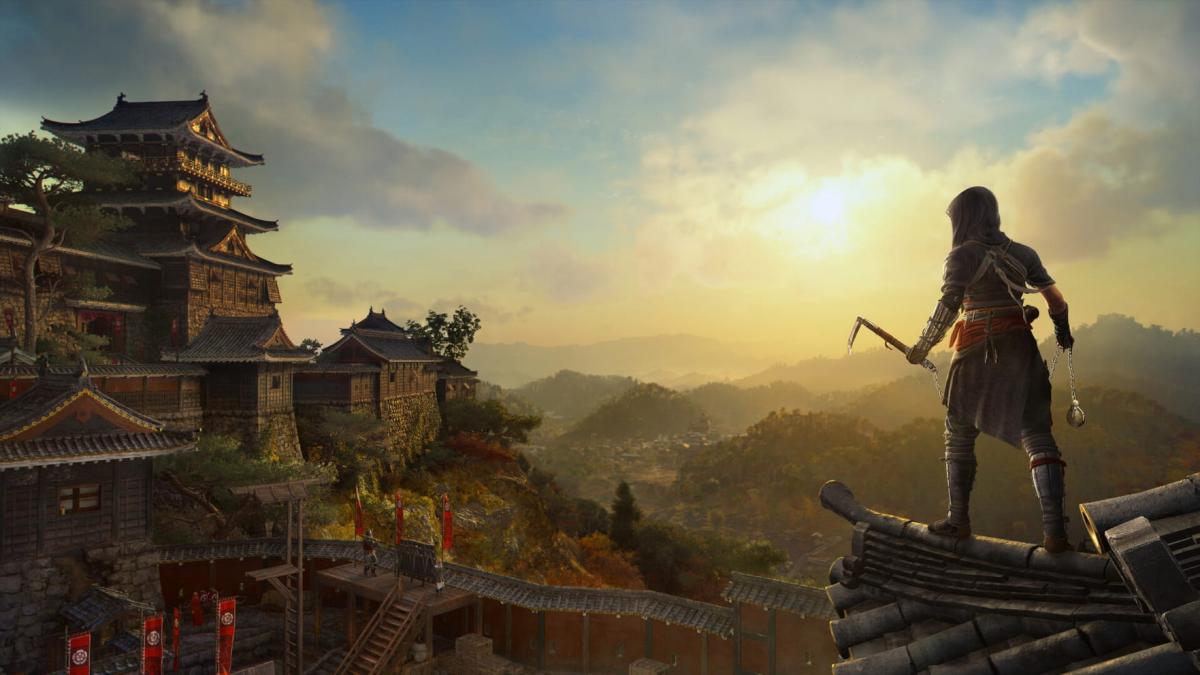

Published: Feb 6, 2024 08:53 am